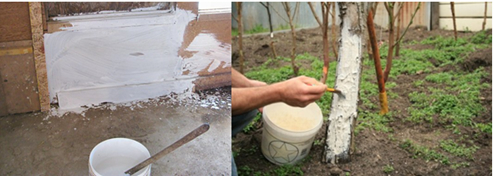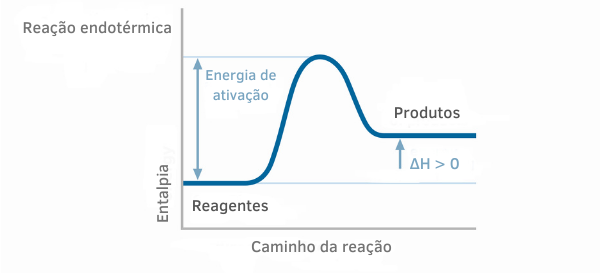The first chemical experiments date back to 1800, and were conducted by José Bonifácio de Andrada e Silva (1763-1838). Due to his primordial studies, this character became known as the patriarch of chemists, born in Santos (Brazil), he studied mineralogy at the Academy of Mines in Freiberg.
In 1791, José Bonifácio attended the course in Mineralogy and Chemistry in Paris. Among his main works are:
“Memory on the diamonds of Brazil”, published in 1792 in the journal Annales de Chimie de Paris.
Description of four new minerals in the year 1800 in the Allgemeines Journal der Chimie. The minerals Petalite, Spodumene, Escapolite and Cryolite were discovered by José Bonifácio de Andrada e Silva.
In 1819, Bonifácio returned to his homeland, and from this period he dedicated himself to Brazilian politics, more precisely in the year 1822. This scientist also became one of the main characters in the struggle for the independence of Brazil.
By Líria Alves
Graduated in Chemistry
Brazil School Team
Do not stop now... There's more after the advertising ;)
Would you like to reference this text in a school or academic work? Look:
SOUZA, Líria Alves de. "José Bonifácio, the patriarch of the Chemists"; Brazil School. Available in: https://brasilescola.uol.com.br/quimica/jose-bonifacio-patriarca-dos-quimicos.htm. Accessed on June 28, 2021.



